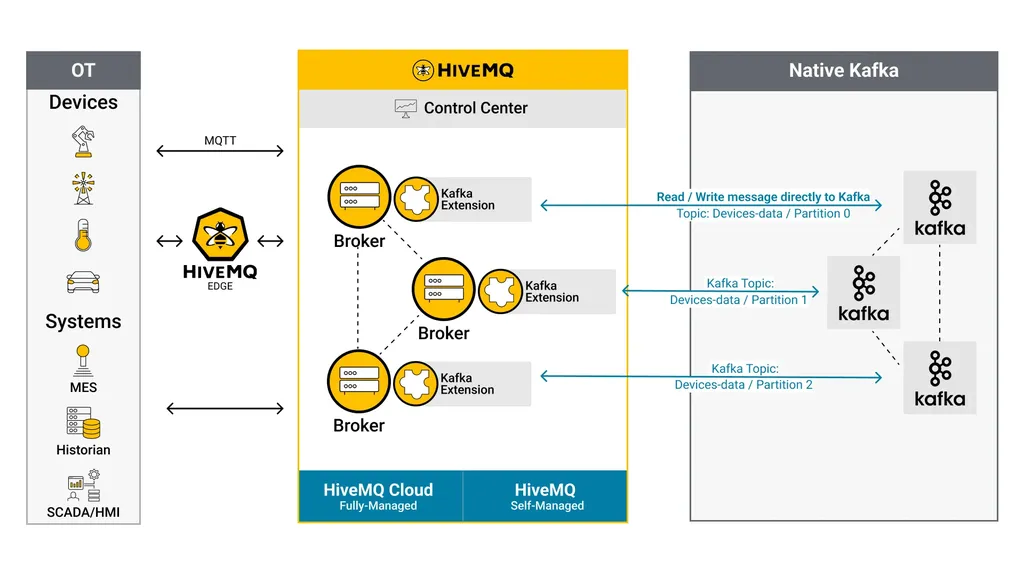In the realm of high-performance computing (HPC), data management has long been a bottleneck, with traditional systems struggling to keep pace with the demands of modern applications. A recent study published in the journal “Frontiers in High Performance Computing” introduces Mofka, a novel event-streaming framework designed to address these challenges, potentially revolutionizing data handling in HPC environments, including those critical to the energy sector.
Matthieu Dorier, a researcher at Argonne National Laboratory and the lead author of the study, explains, “We saw an opportunity to bridge the gap between the persistence and fault tolerance of traditional systems and the speed of direct communications.” Mofka, built using the Mochi suite of HPC data service components, offers a lightweight, modular, and high-performance solution tailored to the unique demands of HPC systems.
The energy sector, with its data-intensive applications ranging from reservoir simulations to renewable energy integration, stands to benefit significantly from advancements in HPC data management. Mofka’s ability to handle large scientific data payloads efficiently could accelerate research and development in energy technologies, enabling faster insights and more informed decision-making.
The study evaluates Mofka’s performance against industry standards like Kafka and Redpanda, demonstrating up to an 8× improvement in throughput in some scenarios. This was tested on diverse platforms, including Argonne’s Polaris and Oak Ridge’s Frontier supercomputers, showcasing Mofka’s potential to scale and perform under demanding conditions.
The practical applications of Mofka are already being explored. The framework has been successfully deployed in a tomographic reconstruction pipeline, a workflow for discovering metal-organic frameworks for carbon capture, and the instrumentation of Dask workflows for provenance tracking and performance analysis. These use cases highlight Mofka’s versatility and its potential to streamline complex, data-driven processes in the energy sector.
As the energy industry increasingly relies on data-driven insights to optimize operations and develop new technologies, the need for efficient, scalable data management solutions becomes ever more critical. Mofka represents a significant step forward in this arena, offering a robust framework that could shape the future of HPC data management.
Dorier envisions a future where Mofka’s capabilities are further integrated into various applications, enhancing their performance and reliability. “The potential is vast,” he says, “and we are just beginning to scratch the surface of what Mofka can achieve.”
In the rapidly evolving landscape of HPC, Mofka’s introduction marks a pivotal moment, promising to redefine how data is managed and utilized in high-performance environments. As the energy sector continues to push the boundaries of what’s possible, innovations like Mofka will be instrumental in driving progress and achieving sustainable energy goals.

